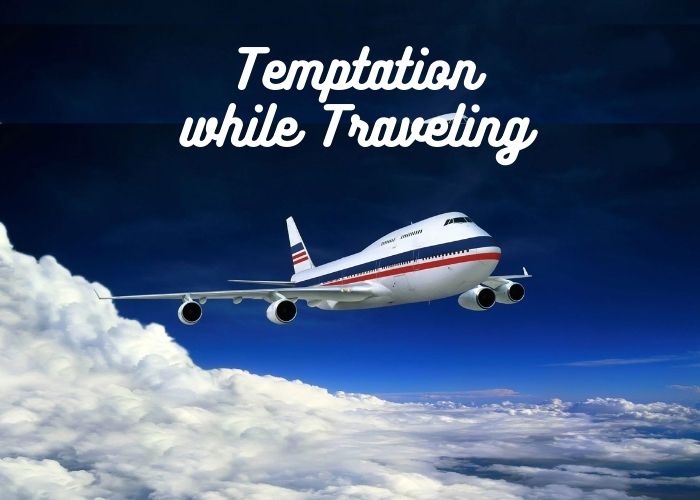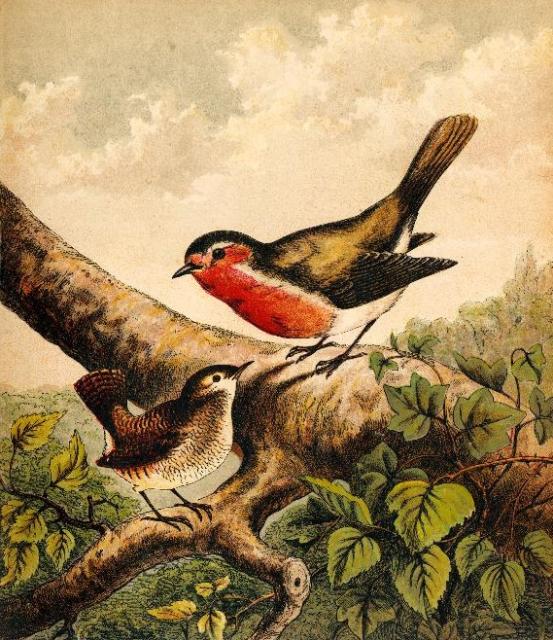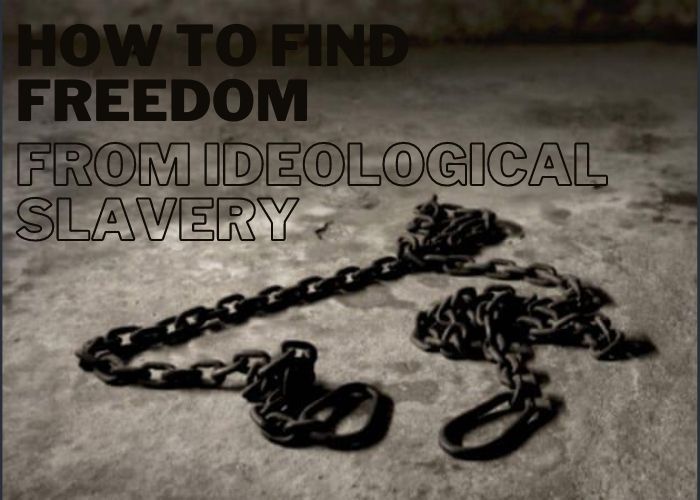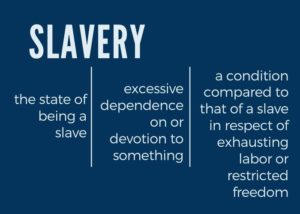
I stepped off the plane and into the Charlotte International Airport. I was weary from the strain of travel and not looking forward to my layover. I carried two heavy bags on my shoulders and the frustration of having to walk from the far end of one terminal to another. Worse, when I arrived at the other terminal and sat down, the flight attendant announced the gate had changed to the end of a different terminal.
I loudly said, “You have got to be kidding me!”
“That’s what I said.” She stood there on crutches; her right foot encased in a large medical boot.
I felt rather foolish. I said, “I guess I shouldn’t complain.”
She hobbled over to two other women and I saw they were gathering their things. They seemed to have a lot so I said, “Do you need help?”
“No.” she said. “I have medical transport coming with a wheelchair.”
So I waved politely and left them.
I found myself walking on one of those speed belts that carries people quickly across the terminal. It was lunchtime and I was hungry. All I wanted to do was sit down with my blueberries and pistachios (my healthy lunch!) and eat. But when I reached the beginning of the terminal, I discovered a food court of sorts between it and the next. I stood on the beltway and ogled the parade of restaurants as if I had never seen junk food before.
I thought I had entered some kind of food carnival—which I suppose it was. I kid you not—the set up was incredibly enchanting; as in, it put a spell on me!
I saw a booth with every kind of candy imaginable. I saw Cinnabon. Chick Fil A. A pizza joint. A Mexican eatery. Like a bright pink beacon, I observed Dunkin Donuts and then TCBY. Saliva threatened to fall from my mouth so I closed it. The smells were intoxicating. I had not experienced such temptation since before Covid and I was ill prepared. Fortunately, I was on a belted walkway and was not able to jump over the rails and dive into the nearest soda fountain. It was the first time I was grateful for my heavy bags. Still, I noticed the comfortable looking white rocking chairs—not unlike those outside of Cracker Barrel—and I thought how easy it would be to grab some food and slip into one. I had complete anonymity. No one would ever know. No one—that is—except me.
Have you ever stared temptation in the face? How did you respond? Did you bare your teeth and growl like a wildebeest guarding its young or did you simply hand them over and roll on your back?
I suppose that seems like a coarse analogy but its truer than we realize. With temptation there is no middle ground. At any given moment we are either actively fighting or willfully surrendering.
For the first time in my life, I asked myself why the food was such a temptation to me. I had two of my favorite snacks and was excited to eat them. I also knew how crappy I would feel if—for instance— I ate Chick Fil A. Was it the colors? The smells? The presentation of the food? Was it the sheer number of choices? Was it the fact that it was lunch time and I was extremely hungry? I mentally checked off all of these as possibilities and then a thought hit me square between the eyes: the airport food court had been specifically designed to ensnare weary travelers.
Professional farmers tell us we are far removed from the harvest to table process. We don’t see the seed go into the ground nor the plant grow. We don’t see the crop shrivel for lack of rain or thrive under perfect conditions. We don’t celebrate a “bumper crop” nor weep when we lose everything. We simply walk into a grocery store and poke at produce with the privileged air of a debutante dismissing ugly suitors. We also infrequently consider how the food we eat affects our bodies. We simply approach the counter, select what looks most appealing, and eat it as quickly as possible.
Our thought process usually runs something like this: eat first; ask questions later. Although we usually skip the second part.
I used to lament my slow metabolism. Why, after all, was I so fat when others ate plenty of junk food and remained slender? My focus was fixed on the injustice of one body type versus another instead of the overall purpose for eating. I never considered food as a source of nourishment for the body. It was simply something one consumed for pleasure or comfort. Worse, my emotions were so tied up in what I ate (it was an erroneous coping mechanism) that I did not want to know what I consumed had the capability to harm or heal me. It’s almost as if I had been primed to be a food addict, and worse—the only advice I received from the culture was that it was my fault because I had no willpower. Sound familiar? I mean, would you even be reading this if you weren’t interested in learning discipline? (Or maybe you’re just a kind friend or family member who is curious about my latest travel exploits.)
(What) to eat or not to eat? That is the question.
It is a question many people don’t like to ask, but it is the question I asked myself while I sat in the terminal. While I contemplated if I could make it to the food court and back before my flight left, the companions of my booted friend approached me with boxes of fried chicken and asked if they could sit down.
Next time… “Are you really going to eat that?”





